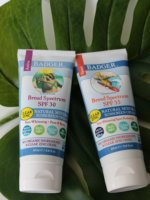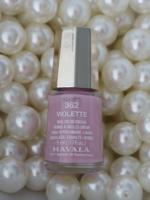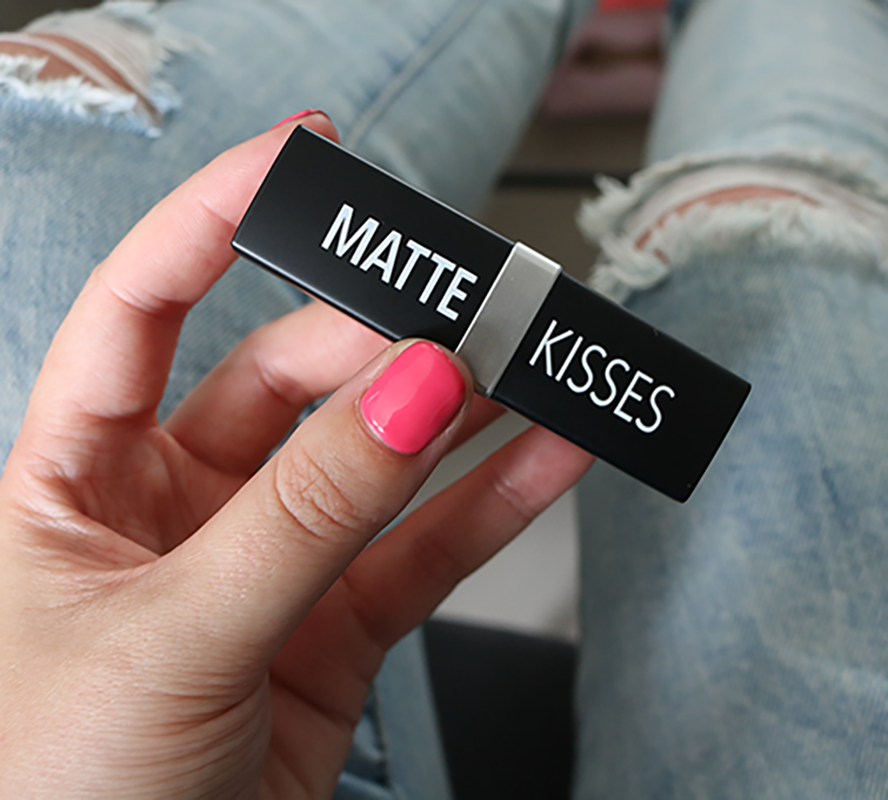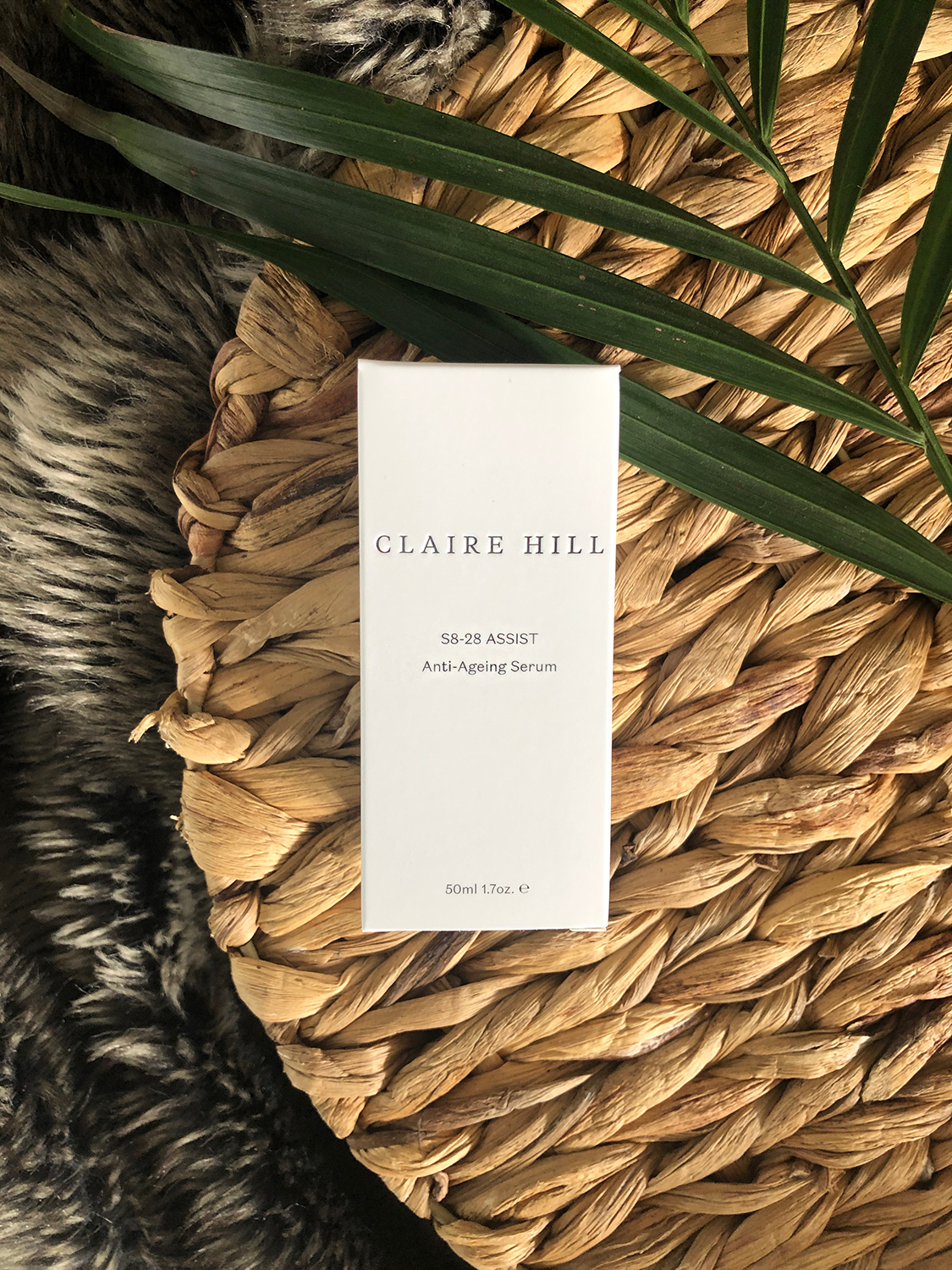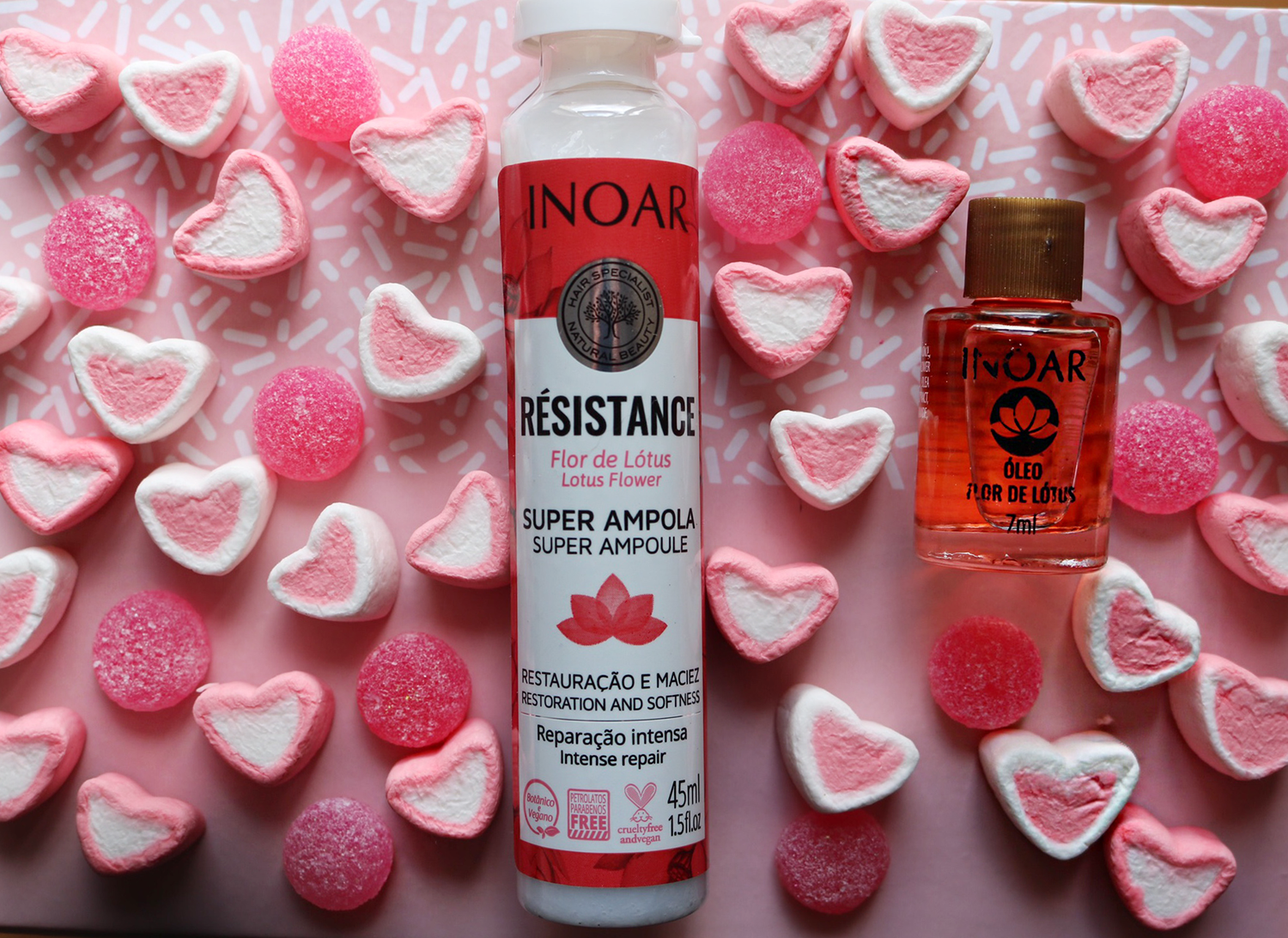
A question I am often asked is when investigating skincare procedures, which anti-aging options are reliable?
The first thing you must understand about the reliability of anti-aging treatments is that none of them are magic spells. They cannot prevent your skin from aging. However, some of them are capable of correcting minor forms of skin damage. There are also treatments that can help you delay the onset of more severe skin conditions that can come with age.
Clinical Skin Treatments to Make Your Skin Healthier
There are many clinical skin treatments that can make your skin healthier. Among them are laser treatments. When researching cosmetic lasers treatment options, you must understand laser machines vary greatly. Some treat surface skin concerns, such as scars. Others are meant to help you improve the health of your skin across the board by encouraging it to heal itself slowly over time. Such treatments can do that by causing collagen production to speed up and drawing existing collagen closer together to tighten the skin.
Non-laser clinical skin treatments also exist. For example, you may opt to have some form of sound wave therapy. You can also try fillers or Botox injections to temporarily reduce wrinkles. Microdermabrasion and chemical peels to resurface your skin and remove blemishes are available as well. But often minor signs of aging can be prevented or treated by simply applying certain products to your skin.
Protecting Your Skin from Sun Damage
One essential product you should always apply to your skin is sunscreen. The dangerous rays of the sun can get to your skin, even on the cloudiest of days. Over time, those rays can cause blemishes and sunspots. They can also increase your chances of developing skin cancer. The sunscreen you choose should have an SPF rating of at least 30. Apply it each time you intend to be outside. If your skin is light colored, you will need a higher SPF rating.
Fortifying Your Skin Cells with Other Healthy Products
There are many other products found in skin creams and lotions that can help you prevent skin damage. They can also help your skin heal and prevent future damage after clinical procedures, such as laser treatment. For example, vitamin A, also known as Retin-A or Retinol, is a product that can help to strengthen your skin cells and make the cellular turnover process more efficient. That is the process by which dead skin cells are shed and new skin cells take their places.
Peptides and antioxidants are also essential for skin health. Peptides are amino acids that can slow muscle contractions that cause minor wrinkles. They can also promote cellular healing. They can be particularly beneficial for preventing crow’s feet and fine lines on your face. Antioxidants, meanwhile, can fortify your cells, defending them against intruders like chemicals and free radical. Antioxidants can be found in many skin creams, as well as certain foods. Fresh fruits and vegetables have particularly high antioxidant levels.
Combining the Best Skincare Options for More Reliable Results
All of the methods above can be reliable ways to protect or treat your skin. However, combining some of them can often give you even more reliable positive results. For example, using skin cream rich in vitamin A after a clinical skin treatment can strengthen your skin. Just remember to follow all instructions given by your clinician to avoid the premature use of such products after clinical procedures.


